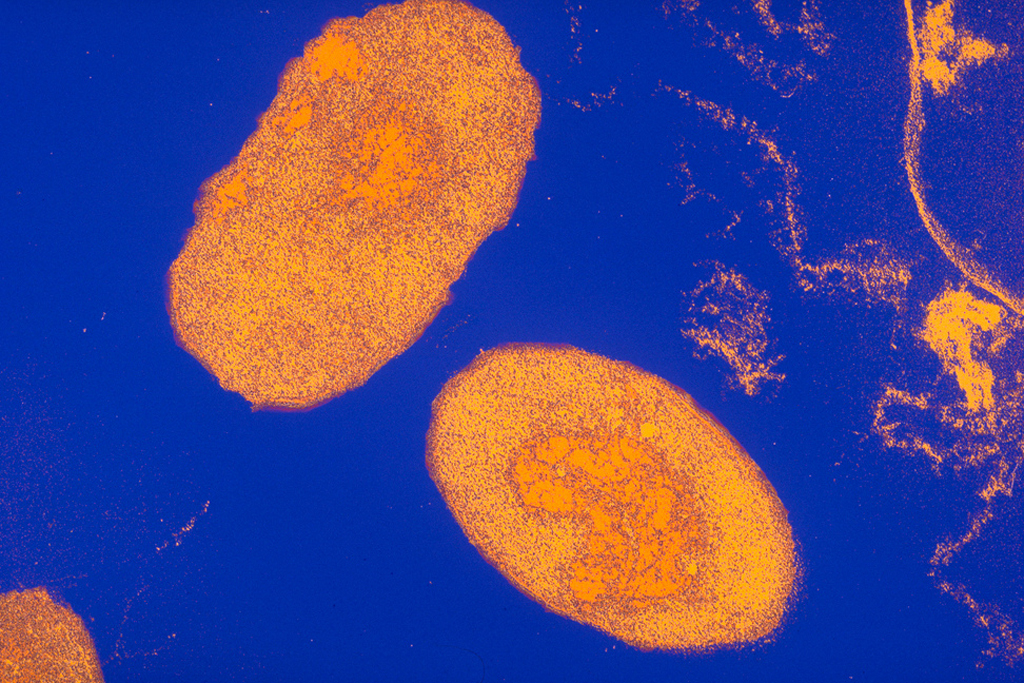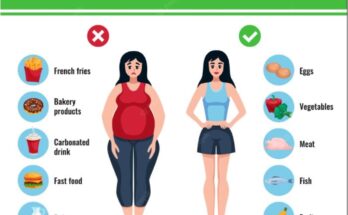
Dr. Janet Shen has been a pediatrician at the Children’s Clinic in Anchorage for nearly thirty years. And he said in the past few weeks, he’s seen more cases of whooping cough, or pertussis, than in his entire career.
“It’s mostly children [or] young people who have been coughing for weeks,” said Shen. “It is not that they are very sick, but it has been a constant cold. We also see young patients, young children, infants, with cough. ”
Alaska is in the middle of what the state’s epidemiologists are calling a whooping cough epidemic. In the past few weeks, the total number of cases in the district has risen to 286, the most since the last outbreak, in 2012, when there were about 400 cases.
He said, especially when the respiratory virus season begins, it is difficult to tell the difference between a cold and a long virus, but he said that many patients he has tested have been found to have the pertussis bacteria.
“With pertussis, the earlier you diagnose them, the better the chance of being able to provide treatment, and prevent the transmission of the disease,” he said. “So I think we’re trying to err on the side of public health and test more people.”
He said some of his patients who have been diagnosed with the infection have been vaccinated and others are not. And he said he is very worried about families with babies. About one-third of infants under one with whooping cough will be hospitalized and 1% of hospitalized infants will die from it.
Joe McLaughlin, head of the Alaska division of epidemiology, said the vaccine is the best way to protect yourself and protect yourself and the people around you.
The unvaccinated population is at greater risk of pertussis, and when they do get pertussis, they are at greater risk of a more severe disease. But, he said 45% of the state’s cases are in vaccinated people.
McLaughlin said about two-thirds of the cases reported in the county are children under the age of 15. 16 people have been hospitalized, most of them infants, and one infant has died. pertussis during a nationwide epidemic.
He said the goal of public health is to protect those most vulnerable to pertussis: infants, pregnant women and the immunocompromised.
“We’re doing that by trying to get herd protection, and that’s where everyone who’s eligible to be vaccinated is vaccinated A, to protect themselves, but B, to protect their loved ones and their community, ” McLaughlin said.
Mclaughlin said it’s important for adults to make sure they get vaccinated against the flu — about two-thirds of Alaskans do. And he said it is very important for pregnant women to be vaccinated during their third trimester.
“It helps protect the woman, the pregnant woman, but also, more importantly, it helps protect the newborn as soon as it’s born, because it gets the maternal transport of antibodies,” McLauglin said. .
He said anyone who has a baby should know if people who come in contact with the baby have symptoms of coughing. He said adults can get TDAP boosters, which include the pertussis vaccine, every ten years.
McLaughlin says people who are concerned they may have epilepsy should talk to their health care provider, especially if they are at high risk, have been in contact with someone at high risk or if they have had one. and someone who has had an HIV test.
He said whooping cough cases are increasing in Anchorage and southwest Alaska, but statewide, cases are decreasing and we may have already seen the worst statewide outbreak.
Kathy Bell, nurse and director of health care services for the Anchorage School District, said 13 cases of pertussis have been reported in the district since Sept. 17 in eight different schools. He said he was happy that not a single school had seen a major disaster.
“It’s messy, like one school has one, one has two, one has another,” Bell said.
But he added, “there is no way for me to know who will report and who will not report.”
Bell said the Anchorage school district has ordered 200 TDAP vaccines, which immunize adults against tetanus, diphtheria and pertussis. They will provide them for free at pop-up vaccination clinics that are yet to be planned but will be open to staff and members of the public. The Tikahtnu mall in Anchorage also has a free pop-up vaccination clinic. Across the country, vaccines are available for free or at low cost through health centers, pharmacies and health care providers.
RELATED: Governor rejects insurance bill that would require insurers to provide a year of birth control

#flu #reaching #epidemic #proportions #Alaska #public #health #experts #warn


